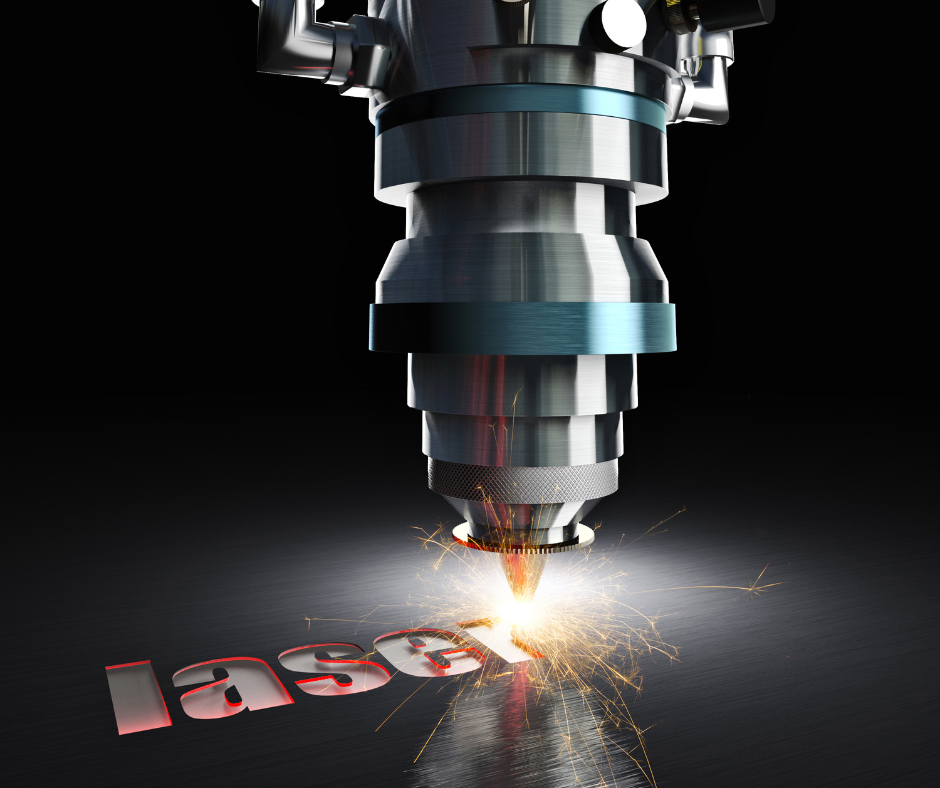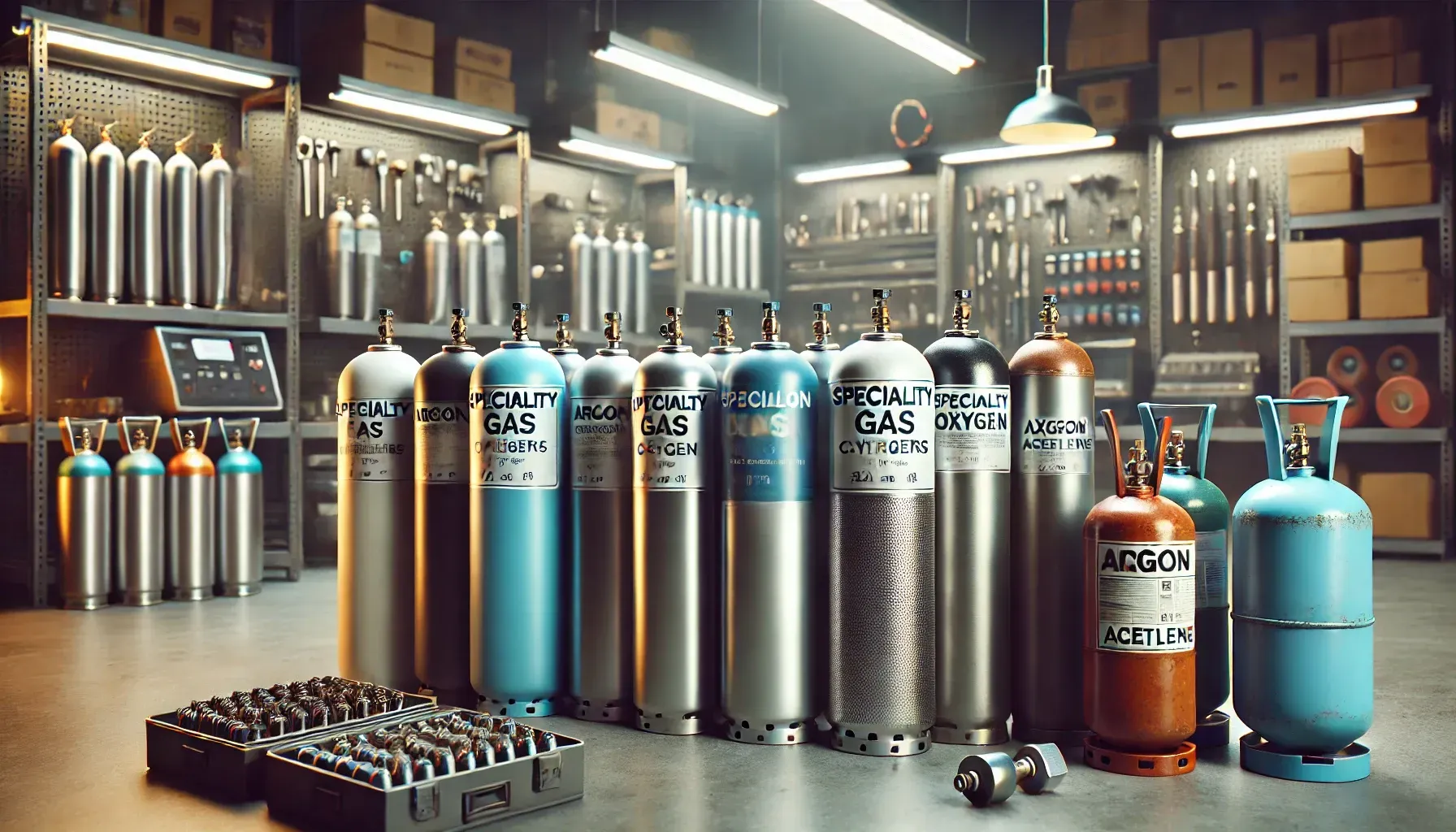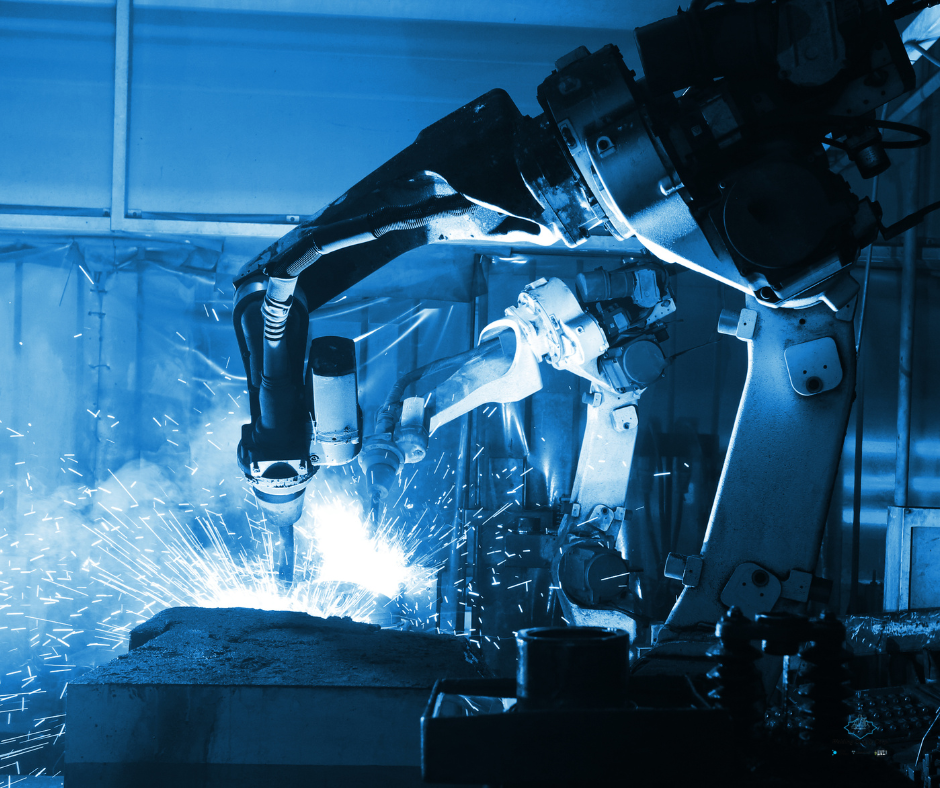Gas Cylinder Maintenance: Best Practices for Prolonging Lifespan and Performance
Ensuring the longevity and optimal performance of your gas cylinders begins with understanding and applying proper maintenance practices. As a business owner, finding a reliable gas cylinders supplier is just the first step. The real work lies in how you maintain these indispensable tools post-purchase.
In this blog post, we'll guide you through essential maintenance tips that not only prolong the life of your gas cylinders but also ensure they perform at their best.
Understanding Gas Cylinders
Proper comprehension of gas cylinders and their components is vital prior to outlining maintenance strategies. Gas cylinders are designed to store and transport various types of gases under pressure.
These can range from cryogenic gases to medical gases. Each cylinder type has specific handling and storage requirements to ensure safety and prevent damage. Here are some core aspects to be aware of:
- Materials: Gas cylinders are typically made from steel, aluminum, or a composite of materials, each offering different strengths and limitations.
- Valves: The valve is a critical component that controls the release of the gas. It must be handled with care to prevent leaks and damage.
- Pressure: Cylinders are filled at high pressures. Understanding the pressure specifications is crucial for safe handling and storage.
- Labelling: Every cylinder carries a label indicating its contents, handling procedures, and safety measures. Reading and adhering to this information is essential for safe usage.
Signs of Gas Cylinder Wear
Identifying wear and potential issues in gas cylinders early can prevent accidents and ensure the cylinders' efficiency and integrity. Below are key signs to look out for:
- Rust and Corrosion: Moisture can lead to rusting and corrosion, particularly in steel cylinders. Regularly inspect cylinders for any signs of corrosion, which can compromise the structural integrity of the cylinder.
- Dents and Scratches: While minor scratches may be cosmetic, significant dents, scratches, or gouges can impact the cylinder's safety. These imperfections may weaken the cylinder and make it more susceptible to rupturing under pressure.
- Leakage: Any sign of gas leakage is a severe safety concern. Leakage can typically be detected through a hissing sound, frost formation around the valve or joints, or through the smell (in the case of gases with an added odorant).
- Faulty Valves: Valves that are hard to open or close, leak, or show signs of damage need immediate attention. A malfunctioning valve can lead to uncontrolled release of the gas, posing significant danger.
- Outdated or Illegible Labels: Labels provide critical information, including the type of gas within, necessary handling protocols, and safety measures. If a label is missing, faded, or otherwise unreadable, it poses a risk of misuse or incorrect handling.
Regular inspections focusing on these signs can dramatically increase the safety, performance, and lifespan of gas cylinders.
Best Practices for Gas Cylinder Maintenance
Adopting a proactive approach to gas cylinder maintenance can significantly extend their lifespan and ensure their safety and performance. Here are some best practices every business owner should follow:
- Regular Inspections: Conduct routine visual inspections for signs of wear, damage, or corrosion. This involves checking for dents, scratches, rust, and ensuring the cylinder's labeling is intact and legible.
- Proper Storage: Store cylinders in a cool, dry, well-ventilated area away from direct sunlight and extreme temperatures. Cylinders should be stored upright and securely to prevent them from falling. Different types of gases may have specific storage requirements; always adhere to these guidelines.
- Correct Handling: Ensure that cylinders are handled gently to avoid dents and scratches. Use the appropriate equipment, like trolleys or lifts, for moving cylinders. Never drag, roll, or drop gas cylinders.
- Leak Checks: Perform regular leak tests, especially when installing a new cylinder or changing the gas type. Use soapy water or a specialized leak detection solution to identify escape points. Never use flame tests as they pose a significant safety risk.
- Valve Care: Keep cylinder valves clean and free from dirt and debris. Always close the valve after use to prevent contamination and ensure that the protective cap or guard is securely in place when not in use.
- Education and Training: Provide comprehensive training for all personnel involved in handling, using, or maintaining gas cylinders. Educate them on potential hazards and correct procedures to mitigate risk.
- Follow Manufacturer Guidelines: Always refer to and follow the maintenance and handling instructions provided by the gas cylinder manufacturer. These guidelines are tailored to the specific needs of the cylinder and the gas it contains.
- Regular Testing and Certification: Ensure that cylinders and their valves are tested and certified periodically as per the regulations in your jurisdiction. This includes pressure tests to verify the integrity of the cylinder.
By implementing these best practices, businesses can significantly enhance the safety, efficiency, and lifespan of their gas cylinders, ensuring that they continue to perform optimally in their respective applications.
Safety Measures
When it comes to handling gas cylinders, safety should always be the top priority. Anyone involved with gas cylinders must be aware of the risks and trained to handle them safely.
This includes using personal protective equipment (PPE), having access to emergency shutdown procedures, and following appropriate lockout/tagout protocols when maintenance is being undertaken.
Incorporating these safety measures into the gas cylinder maintenance process can significantly reduce risks and ensure that any potential incidents are addressed swiftly and effectively.
Prolonging Gas Cylinder Lifespan
Prolonging the lifespan of gas cylinders is not only a matter of safety but also of economic efficiency for industries. Here are key strategies that industries can employ to ensure their gas cylinders remain in top condition:
- Implement a Rotation System: Regularly rotate gas cylinders to ensure that none are left unused for extended periods. This helps in preventing corrosion and the degradation of seals and valves.
- Use and Storage Environment Control: Maintain a controlled environment for both the use and storage of gas cylinders to minimize exposure to damp conditions, extreme temperatures, or corrosive chemicals.
- Adherence to Weight Limits: Never exceed the recommended weight limits for gas cylinders. Overloading can stress the cylinders and their components, leading to potential failure.
- Regular Professional Maintenance: Besides in-house inspections, schedule professional maintenance checks to identify and repair any potential issues before they become serious problems.
- Application-Specific Handling Training: Provide specific training for the safe handling, storage, and transportation of gas cylinders for each application within the industry. Different gases and cylinder types may require different precautions.
- Invest in Quality Gas Cylinders: Opt for high-quality gas cylinders from reputable suppliers to ensure you start with a product that adheres to the highest safety and durability standards.
- Emergency Preparedness: Develop and regularly update emergency response plans specifically concerning gas cylinder incidents to ensure rapid and effective action in case of leaks, ruptures, or other hazards.
- Collaborating with Suppliers: Keep open communication with your gas cylinder supplier to stay informed on any recalls or potential safety concerns. This will allow you to take necessary precautions and ensure the safety of your operations.
By focusing on these key areas, industries can significantly extend the service life of their gas cylinders, ensuring not just the safety of their operations but also optimizing their investments in these essential tools.
Conclusion
Gas cylinders are workhorses of industry, and their proper maintenance is crucial for safety, efficiency, and the bottom line. By adhering to best practices, staying vigilant for signs of wear, and ensuring safety measures are in place, industries can maintain a work environment that is secure and productive.
About Metro Welding Supply Corp
Metro Welding Supply Corp stands at the forefront of supplying specialty gases and equipment to a diverse set of industries including welding companies, hospitals, research facilities, and universities. With years of experience in the field, Metro Welding has established itself as a trusted provider, ensuring that clients receive high-quality gases that meet stringent industry standards.
Their commitment to excellence and customer service has cemented Metro Welding's reputation as an essential partner for businesses that demand reliability and precision in their operations.
Contact Us
For all your specialty gas and equipment needs, or if you have any questions about our products and services, please don't hesitate to reach out to us. Our knowledgeable team is ready to provide you with the support and information you require.
Phone: 313-834-1660
Email: sales@metrowelding.com
Address: 12620 Southfield Rd, Detroit, MI 48223, United States of America
At Metro Welding Supply Corp, we value our clients and are committed to delivering excellence with every interaction. Whether you are placing an order or merely seeking expert advice, we’re here to help.
Ready to work with Metro Welding Supply Corp.?
Let's connect! We’re here to help.
Send us a message and we’ll be in touch.
Or give us a call today at 313-834-1660
Agency Contact Form
More Industry Tips, Tricks & Tools...
Industry Insights (i2)











